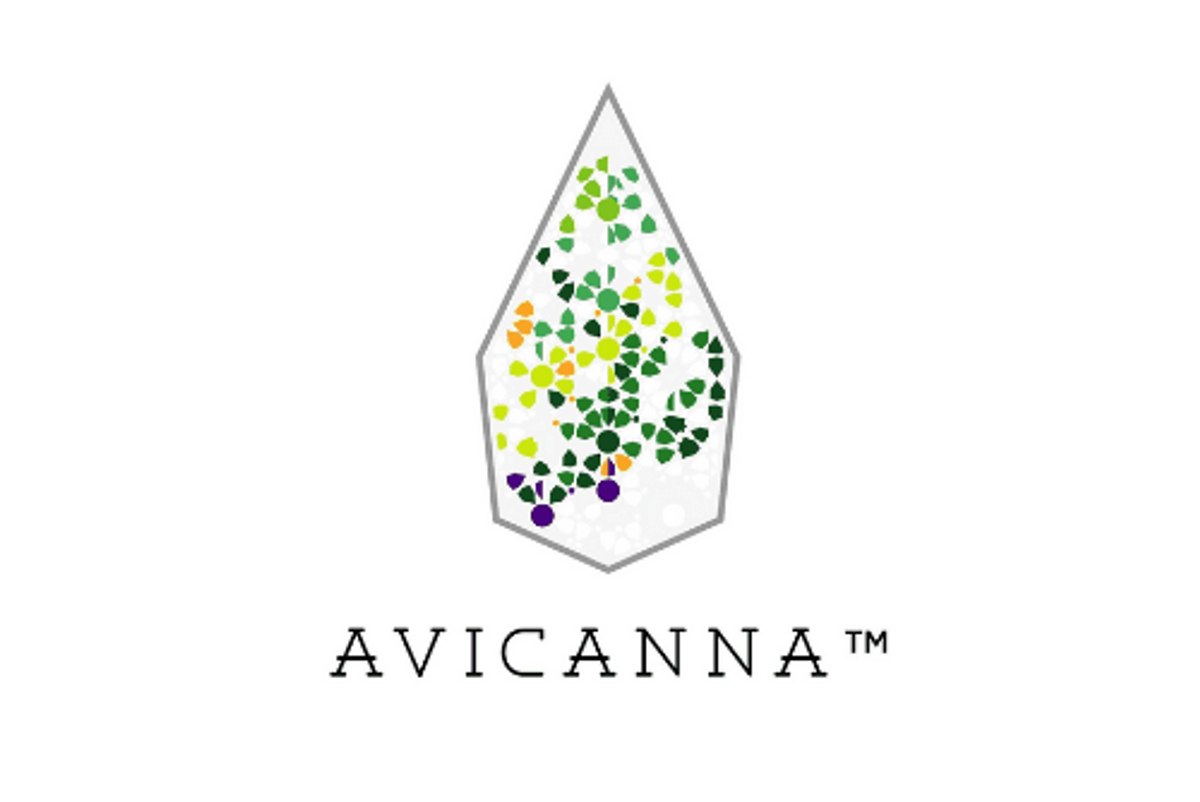- Avicanna's partnership with Viola brings the equity-focused brand founded by NBA veteran, Al Harrington, to Canada for the first time.
- Initial products will be available nationwide on the medical cannabis by Shoppers online platform followed by adult use channels including Ontario and New Brunswick
Avicanna Inc . ("Avicanna" or the "Company") (TSX: AVCN) (OTCQX: AVCNF) (FSE: 0NN), a Canadian biopharmaceutical company focused on the development of plant-derived, cannabinoid-based products, announced today the distribution of Viola cannabis products across Canada on the Medical Cannabis by Shoppers online platform, a subsidiary of Shoppers Drug Mart Inc.™, Canada's leading health, beauty, and convenience retailer. The well-established equity focused brand will also be made available across adult use channels including Ontario and New Brunswick imminently.
Founded in 2011 by NBA veteran Al Harrington, Viola is one of the leading producers and licensed wholesalers of premium quality cannabis products in the United States with its footprint across 4 States. Viola's mission is to increase minority representation and provide greater employment opportunities to Black and other under-represented communities in the cannabis industry. Viola cannabis products available at the Medical Cannabis by Shoppers platform include THC and CBD offerings starting with live terpene disposable vaporizers and extending into other categories including 510 cartridges and concentrates.
"We're excited to launch in Canada with our partner Avicanna, who shares our vision to increase representation and promote equity within the cannabis industry," said Al Harrington, Co-Founder and CEO, Viola Brands. "And look forward to having Viola's premium products available at Medical Cannabis by Shoppers."
"Today, Canada's incredible diversity is not well represented by existing brands and through this multi-layered partnership with Viola we seek to fill that gap, bring some much-needed minority representation and extend Al's vision to Canadian consumers," said Aras Azadian, CEO, Avicanna Inc. "Additionally, having Viola's premium products launched in Canada through our distribution agreement with Medical Cannabis by Shoppers Drug Mart Inc.™ will be a huge win for Canadians as the products will be available nationwide immediately."
Canadians will now have access to Viola's award-winning cannabis products for the first time through a national chain. Through the company's multi-level partnership with Viola, Avicanna is responsible for managing the overall commercialization of all Viola-branded products in Canada through its manufacturing, distribution, and sales infrastructure. Additional Viola cannabis products will be available in several provinces across adult-use channels offering multiple options for consumption via a portfolio expansion expected by the end of 2021 with initial listings approved in New Brunswick and Ontario.
About Viola
Founded in 2011 by NBA veteran Al Harrington, Viola is one of the nation's leading producers and licensed wholesalers of premium quality cannabis products. The brand is named after and inspired by Al's grandmother who suffers from glaucoma and diabetes, finding solace in cannabis remedies. Viola has integrated the latest cutting-edge technology with its own proprietary procedures designed for every stage of the cultivation, extraction and production process. The company is known for its wide variety of product offerings, from high-quality flower to premier butane extracts and operates in California, Colorado, Michigan, Oregon, and Oklahoma.
Through education, equitable offerings, expungement, and incubation programs, Viola's mission is to increase minority representation, facilitate community building and provide greater employment opportunities to Black and other minority communities in cannabis. Viola intends to expand the reach of Viola into Canada with educational initiatives to increase the awareness of safe cannabis use.
About Avicanna Inc.
Avicanna is a commercial stage Canadian biopharmaceutical company and an established leader in cannabinoid research, development, and evidence-based products for the global consumer, medical, and pharmaceutical market segments. Avicanna conducts its research in Canada including its R&D headquarters in the Johnson & Johnson Innovation Centre, JLABS @ Toronto, Canada, located in the MaRS Discovery District, and in collaboration with leading Canadian academic and medical institutions. Avicanna has established an industry leading scientific platform including advanced R&D and clinical development which has led to the commercialization of over twenty products across four main market segments:
- RHO Phyto™: these medical and wellness products are an advanced line of pharmaceutical-grade cannabis products containing varying ratios of CBD and THC. The product portfolio contains a full formulary of products including oral, sublingual, topical, and transdermal deliveries that have controlled dosing, enhanced absorption and stability studies supported by pre-clinical data. These products are developed using pharmaceutical drug development processes and are supported with pre-clinical data. The advanced formulary is marketed with consumer, patient and medical community education and training.
- Pura H&W™: these registered, clinically tested, cosmetic products include a portfolio of functional CBD consumer derma-cosmetic and topical products.
- Aureus™: as a part of Avicanna's vertical integration based out of Santa Marta, Colombia its raw material business units are primarily dedicated to providing consistent source of cannabinoid raw materials for Avicanna and its global partner's food, cosmetic, medical and pharmaceutical needs. Aureus branded products are cultivated, extracted, and manufactured by Avicanna's subsidiaries in Colombia including SMGH which is GACP and USDA organic certified and where they benefit from optimal environmental conditions to produce cannabinoid active pharmaceutical ingredients economically, organically, and sustainably and include a range of CBD, THC and rare cannabinoids such as CBG extracts and standardized seeds. Company is well positioned to be a global supplier of cannabinoid raw materials demand and has already successfully exported its products to over 11 countries in 4 continents.
- Pharmaceutical pipeli ne: leveraging from the company's scientific platform, vertical integration, and real-world evidence, Avicanna has established a pipeline of indication specific cannabinoid-based drug candidates that are in various stages of clinical development and commercialization. Avicanna's drug candidates are in pre-clinical stage and are dedicated to providing solutions for unmet medical needs in the areas of dermatology, chronic pain and various neurological disorders.
Stay Connected
For more information about Avicanna, visit www.Avicanna.com, call 1-647-243-5283, or contact Ivana Maric by email at info@avicanna.com .
The Company posts updates through videos from the official company YouTube channel https://www.youtube.com/channel/UCFXPBGdKSxOUOf_VZoSFSUA .
Cautionary Note Regarding Forward-Looking Information and Statements
This news release includes statements containing certain "forward-looking information" within the meaning of applicable securities law ("forward-looking statements"). Forward-looking statements are frequently characterized by words such as "plan", "continue", "expect", "project", "intend", "believe", "anticipate", "estimate", "may", "will", "potential", "proposed" and other similar words, or statements that certain events or conditions "may" or "will" occur. These forward-looking statements are only predictions. Various assumptions were used in drawing the conclusions or making the projections contained in the forward-looking statements throughout this news release. Forward-looking statements are based on the opinions, estimates and assumptions of management in light of management's experience and perception of historical trends, current conditions and expected developments at the date the statements are made, such as current and future market conditions, the current and future regulatory environment and future approvals and permits. Forward-looking statements are subject to a variety of risks, uncertainties and other factors that management believes to be relevant and reasonable in the circumstances could cause actual events, results, level of activity, performance, prospects, opportunities or achievements to differ materially from those projected in the forward-looking statements, including general business and economic conditions, changes in laws and regulations, product demand, changes in prices of required commodities, competition, the effects of and responses to the COVID-19 pandemic and other risks, uncertainties and factors set out under the heading "Risk Factors" in the Company's annual information form dated April 15, 2020 (the " AIF ") and filed with Canadian securities regulators available on the Company's issuer profile on SEDAR at www.sedar.com. The Company cautions that the list of risks, uncertainties and other factors described in the AIF is not exhaustive and other factors could also adversely affect its results. Readers are urged to consider the risks, uncertainties and assumptions carefully in evaluating the forward-looking statements and are cautioned not to place undue reliance on such information. The Company is under no obligation, and expressly disclaims any intention or obligation, to update or revise any forward looking statements, whether as a result of new information, future events or otherwise, except as expressly required by applicable securities laws.
A photo accompanying this announcement is available at https://www.globenewswire.com/NewsRoom/AttachmentNg/e80cb62c-165b-4a5b-a93d-ca226109906c


